The views expressed in our content reflect individual perspectives and do not represent the authoritative views of the Baha'i Faith.
On October 10, 1912, Abdu’l-Baha visited the home of a black waiter in San Francisco, named Mr. Charles Henry Tinsley.
Tinsley, confined to his bed, broke his leg and sustained other injuries when he was the victim of a hit-and-run accident as a pedestrian a few weeks earlier. Upon learning this, Abdu’l-Baha paid him a special visit.
Mr. Tinsley was an unusual man. Although the constraints of racial prejudice kept him in subordinate social positions vis-à-vis the white community, he didn’t let this keep him down. He achieved prominence in the local African-American community because of his talent for theatrical performance—he had a passion for Shakespeare. Tinsley’s passion and talent were so apparent that San Francisco’s black community held a fund-raiser to support professional training for him in 1893. In 1904, a drama club — started under the aegis of the state’s Afro-American League was named after him. He was unable to make a living as an actor—no roles existed for black men then—so he worked in a variety of jobs. One of his first places of employment was at the Palace Hotel, where he became a victim of an infamous 1896 mass firing of African-American bell-hops.
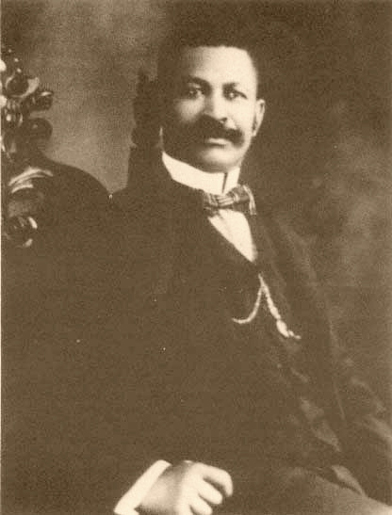
Charles Henry Tinsley
After his bell-hop career ended, he worked as a bartender, then a caterer. In 1903, Mr. Tinsley found employment as a butler with the Hearst family, where he came into contact with the African-American Baha’i Robert Turner, mentioned in three previous articles in this series.
The two men may have crossed paths previously, as both were born in Virginia, had lived in Norfolk, had worked at the Palace Hotel, and were part of San Francisco’s relatively small African American community. In any case, around the time he was hired by the Hearst family, Mr. Tinsley had begun to study the Baha’i Faith.
In April 1903 he was given the book, Bahai Proofs (his inscribed copy is in the library of Anna Stevenson) and by 1906 and he was a fellow believer who attended Baha’i meetings with Robert Turner.
By the time of Abdu’l-Baha’s visit, Mr. Tinsley had left the employment of the Hearsts. This fact, and the 1909 death of Robert Turner, may have curtailed his Baha’i activities. His accident mostly limited his activities, too. So imagine Mr. Tinsley’s surprise and delight when Abdu’l-Baha arrived at his residence at 1247½ Webster Street, San Francisco. Here’s an account of what took place:
Abdu’l-Baha: How are you? I am very glad to see you.
Mr. Tinsley: I am well excepting this broken leg which has kept me in bed a long time. I am impatient to be up and out to work for the [Baha’i] Cause.
Abdu’l-Baha:—You must not be sad. This affliction will make you spiritually stronger. Do not be sad. Cheer up! Praise be to God, you are dear to me. I will tell you a story:
A certain ruler wished to appoint one of his subjects to a high office; so, in order to train him, the ruler cast him into prison and caused him to suffer much. The man was surprised at this, for he expected great favors. The ruler had him taken from prison and beaten with sticks. This greatly astonished the man, for he thought the ruler loved him. After this he was hanged on the gallows until he was nearly dead.
After he recovered he asked the ruler, “If you love me, why did you do these things?” The ruler replied: “I wish to make you prime minister. By having gone through these ordeals you are better fitted for that office. I wish you to know how it is yourself. When you are obliged to punish, you will know how it feels to endure these things. I love you so I wish you to become perfect.”
[To Mr. Tinsley] Even so with you. After this ordeal you will reach maturity. God sometimes causes us to suffer much and to have many misfortunes that we may become strong in His Cause. You will soon recover and be spiritually stronger than ever before. You will work for God and carry the Message to many of your people. – “The Visit of Abdul-Baha to Mr. Charles Tinsley,” Star of the West, Volume 3, p. 205.
Abdu’l-Baha spoke in great assembly halls across America and Canada. He was greeted by the rich and famous. His speeches were reported on by the press. Yet, with all this fanfare and publicity, Abdu’l-Baha took the time and interest to pay Charles Tinsley a special visit.
Did Abdu’l-Baha’s prediction (or, religiously speaking, this “prophecy”) come true? Did Mr. Tinsley fully recover? He seems to have. In 1914, he re-organized the Bay City Dramatic Company, an African-American theatre troupe. Though this work never provided him with a means of support, he continued to perform in various venues for many years. In 1915, he tried his hand at insurance sales, and in 1916, he secured as position with the railroad, as a waiter, which provided him with stable employment for a number of years.
To what extent did Mr. Tinsley go on to teach the Baha’i message to others of his race? We do not yet know, but we do know that he continued to attend Baha’i meetings for decades until his health prevented him from doing so.
History mainly records the actions of political leaders and other prominent personalities, whether famous or infamous. The ordinary citizen is invisible. So this historical footnote adds more context to Baha’i history, which dovetails with the history of race relations in America—and shows that Abdu’l-Baha, who taught the Baha’i principles of the oneness of humanity and the elimination of all racial prejudice, practiced what he preached.
When you talk about race and the legacy of white supremacy, there’s no doubt that when the history is written, the true history is written, the history of this country, the Baha’i Faith will be one of the leaven in the American loaf that allowed the democratic loaf to expand because of the anti-racist witness of those of Baha’i faith. So that there is a real sense in which a Christian like myself is profoundly humbled before Baha’i brothers and sisters and the Dizzy Gillespie’s and the Alain Locke’s and so forth. – Cornel West, Cornel West Praises Work of Baha’is in Establishing Racial Unity


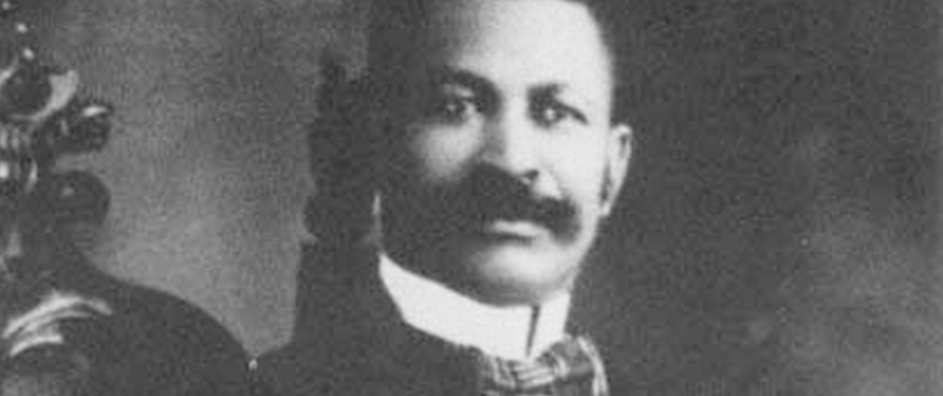
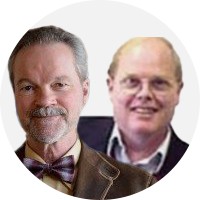
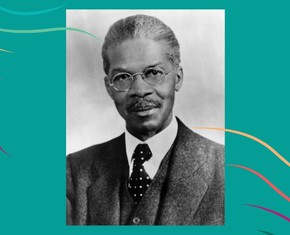

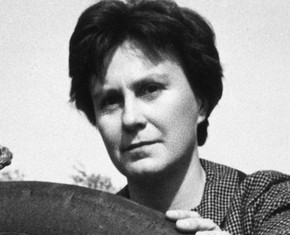









Comments
Sign in or create an account
Continue with Googleor